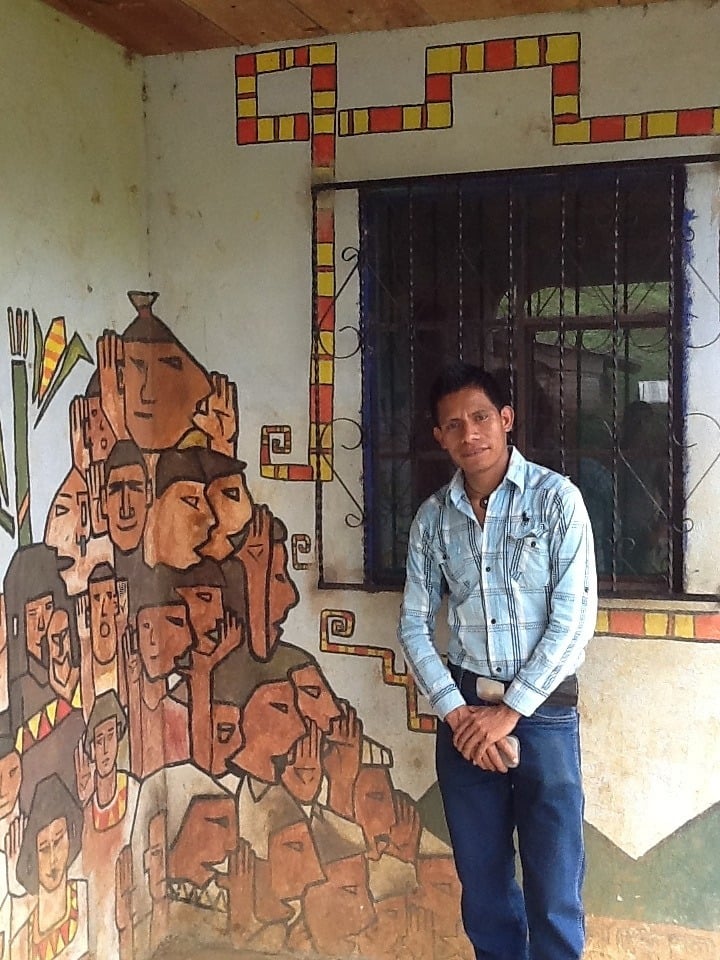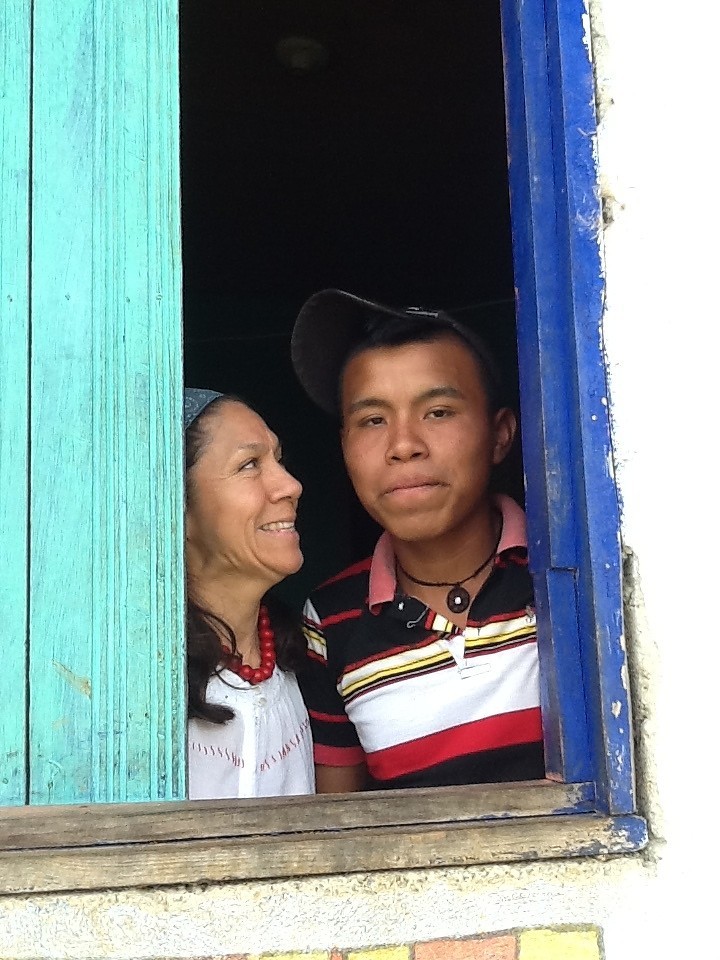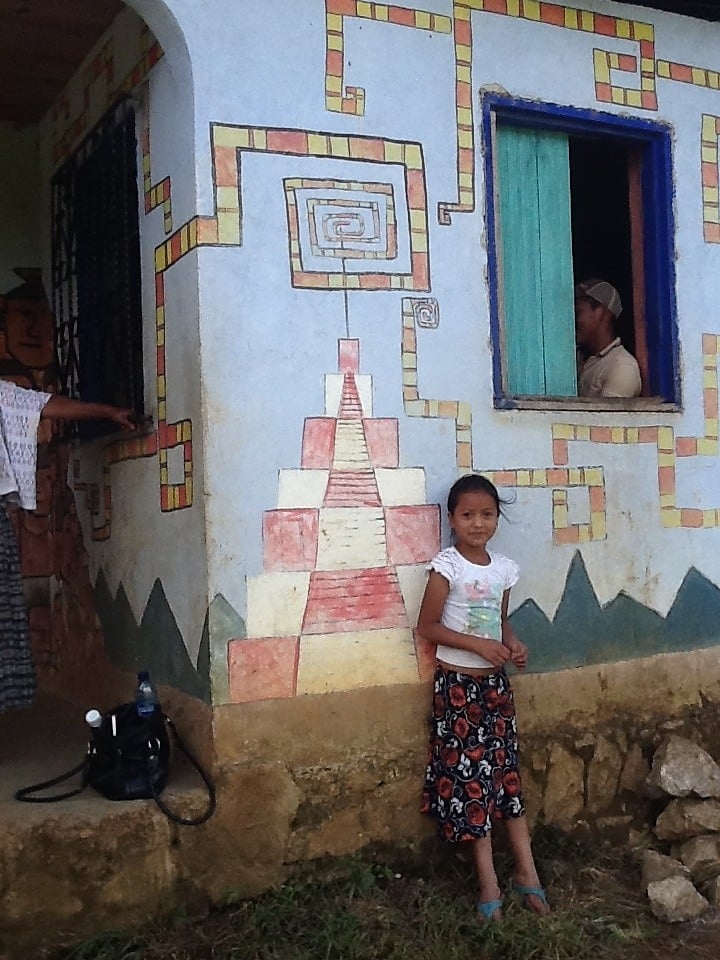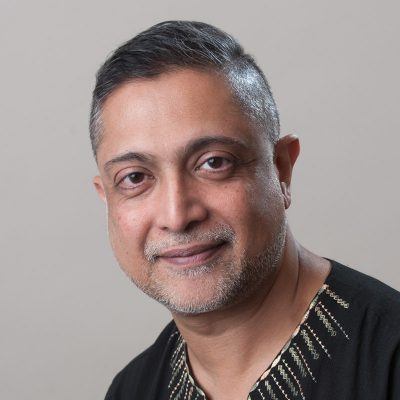The Union of Peasant Organizations of the Vera Paz (UVOC) is a movement of indigenous small farmers—mainly of the Q’eqchi’ and Poqomchi’ ethnic groups—that organizes Mayan communities in north-central Guatemala to advocate for their rights to land and traditional territories. Supported by AJWS, UVOC runs a community radio station in Chamtaca, Alta Vera Paz. Gilberto, a young man with a slight frame and a deep baritone, is the station’s voice, a UVOC youth leader and the president of a Mesoamerican regional network of community radios.

Gilberto and his colleagues told me most of the radio station’s programming is original and in Q’eqchi’, the area’s primary Mayan language. The broadcasts—produced almost exclusively by the youth themselves with some support from a university radio station and another AJWS grantee, La Otra Cooperativa—cover human rights, women’s rights, environmental issues, Mayan culture, language, and analysis of current affairs and political education. This open channel for information about these important topics is critical in a country where corruption and violence often serve as obstacles to free speech and poor rural communities lack access to information about problems that affect their lives.
The station’s eight youth volunteers face pressure by local politicians and interest groups that seek to influence the content of their shows. “Political parties and various interest groups keep trying to encroach on our autonomy,” Gilberto continued. “So the council of elders and a community board oversee the radio and ensure autonomy and rootedness in our traditions. But we youth basically run it.”
Carlos Morales, a founder of UVOC, explained that community-run radio is critical, since most Guatemalan radio stations are owned by large companies and serve corporate interests that conflict with the needs of the indigenous community.
“Commercial radio programming supports corporate agendas, like big dams or palm oil and sugarcane plantations,” he said. “They frequently call us out as anti-national or against development because we are fighting for our rights, which goes against their interests. They’ve even bought off people to criticize us or serve as recruiters for the fincas (plantations).”
He says the local people trust the UVOC station and know to ignore the voices that denigrate it. “There are many new evangelical stations who are tied to political parties that counter our social justice message. But people know they’re just fronts for the various parties.”
The radio reaches about 50 communities in four municipalities.
“Communities north and south of us call in with information,” said Manuel, another volunteer. “But more and more they’re also requesting information, including on their rights and about proposed development projects..”
Sandra Caled, a UVOC board member, said Gilberto was born to be a leader. His parents were UVOC members and long-time activists: “They brought him into it, and he has blossomed into a natural organizer, bringing in other young people,” she said. “Chamtaca is a strong community with many like Gilberto’s family. That’s why we strategically chose it to house the radio. The community owns most of its land and we knew they’d defend it and the radio.”
One of the elders shrugged, saying, “It is our radio.”


AJWS’s work in countries and communities changes over time, responding to the evolving needs of partner organizations and the people they serve. To learn where AJWS is supporting activists and social justice movements today, please see Where We Work.

